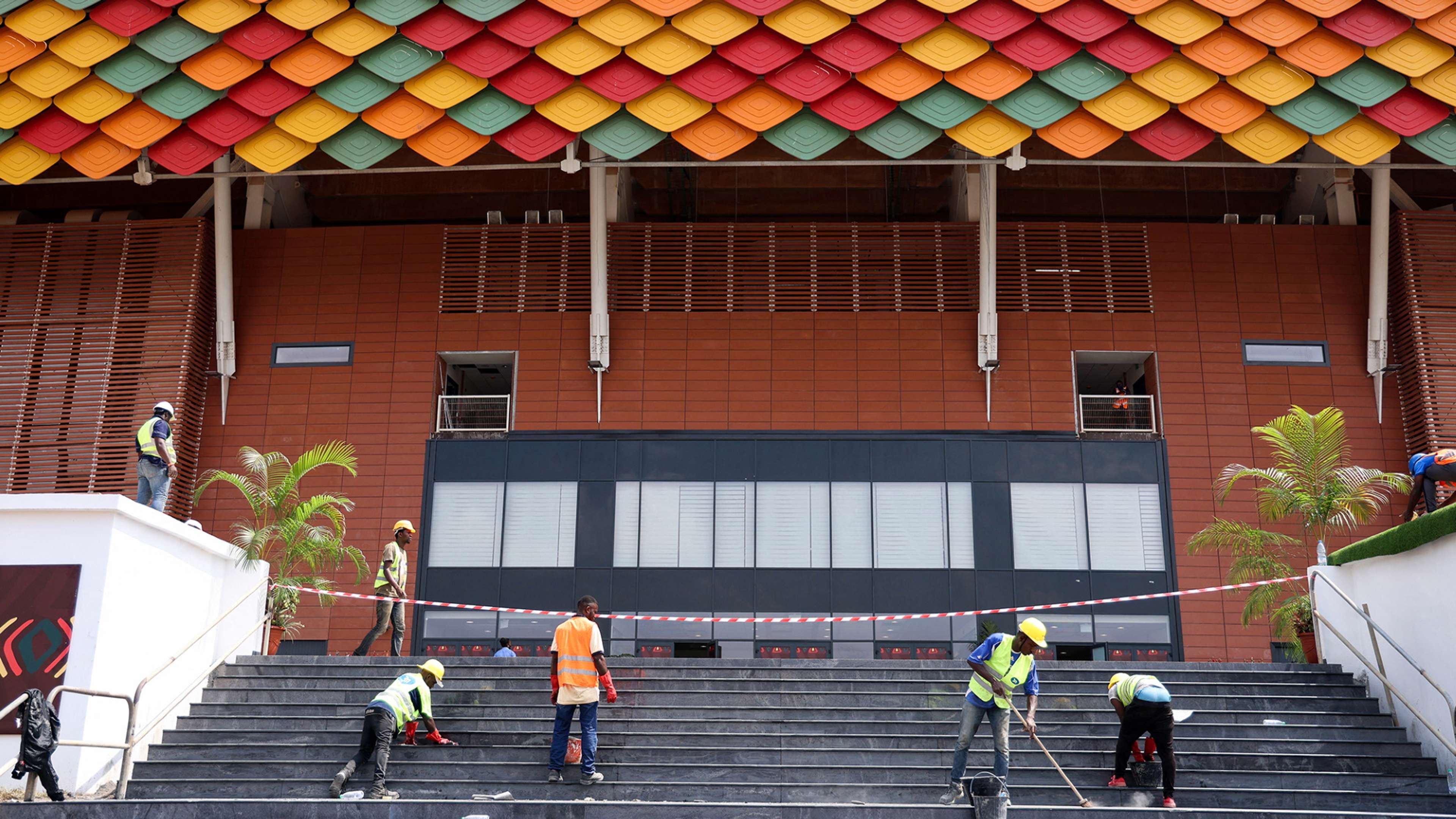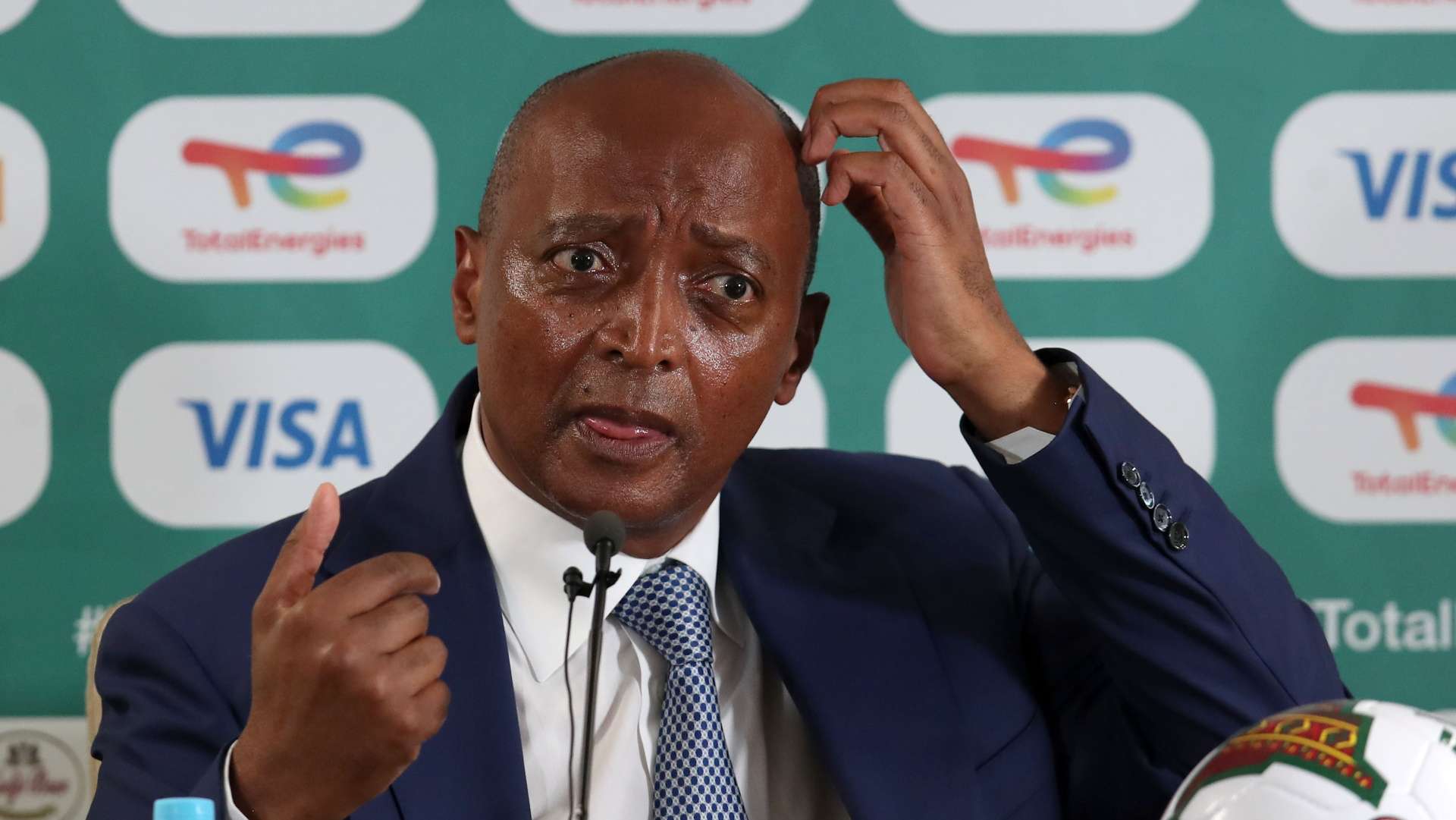Dr Patrice Motsepe is very effective at bringing people with him. Without being too obvious in his politicking, he’s able to cajole, convince and convert in order to generate support and momentum.
It’s one of the qualities that has made him such a success story, both in his entrepreneurial career and with his sporting ventures.
However, as politicians often discover when they move from the world of business to the world of public service—or in Motsepe’s case, administration—there are a whole other series of rules to abide by, a plethora of new people to appease, and far more restrictions on how you can use your charisma and resources.
Motsepe, faced with the logistical conundrum of having to oversee the organisation of an Africa Cup of Nations within the context of coronavirus, of Cameroon’s political situation, the country’s own infrastructure limitations, overt scepticism from Fifa, and increasing opposition from European clubs, must have found himself questioning—in recent months—what he’s got himself in for.
Surely, while he would never admit it, he must have questioned in recent days—in light of Monday’s deadly stadium crush at the Stade d’Olembe—whether he’s bitten off more than he can chew in taking the reins of this multi-headed beast that is African football.
One suspects that his handling of Monday’s tragedy, with the watching world on the continent and how they juggle the various complicated circumstances around this sporting tournament, must have been his biggest challenge since he replaced Ahmad Ahmad as the head of the Confederation of African Football.
Perhaps it ranks up there with the biggest challenges of his career.
Yet while those qualities mentioned above have allowed him to largely take control of the immediate aftermath of the disaster—even when he personally came under criticism for not visiting patients in hospital—he must now add action and consequence to his words.
One can already see those traits that, in the world of business, have allowed him to amass a fortune of $3.1 million according to Forbes shining through as he aims to help the Afcon recover from this crisis.
“Was it a risk coming here?” he mused on Tuesday. “I’m involved in so many ventures worldwide, and my duty is to take responsible steps, but I’m more inclined to be conservative, as conservative as possible, and put measures in place to reduce loss of life.
 Getty Images
Getty Images“I’m happy and pleased with the measure that we have in place, but I’m sad and hurt with what happened [on Monday].”
In this situation, however, Motsepe’s desire to take responsible steps and his desire to be conservative, do not necessarily align.
To be conservative could mean to not ruffle feathers with the local organisers and Cameroonian authorities, it could mean to not attempt to ring the changes, get answers and effectuate change.
To take responsible steps could mean exactly the opposite—to ensure safety, to ensure scenes such as those seen at the Stade d’Olembe (and other arenas) during the tournament, the man at the top might need to drop his conservatism and take some decisive action.
For now, Caf have removed the upcoming quarter-final away from Olembe and given it to the Stade Ahmadou Ahidjo in the centre of Yaounde; they will only prosecute the second semi-final (and presumably the final) in Olembe, if changes are made and assurances given that the circumstances that gave rise to tragedy will not be repeated.
African football, in time, needs more.
The factors that led to eight deaths on Monday—and seven further victims with serious injuries—are not unique to that night, nor to the Stade d’Olembe, nor to Cameroon.
We’ve seen fans bunching at entranceways before, seen supporters come to grounds without tickets before, seen police sitting idly while spectators put pressure on barriers before.
An inquest must lead to a fundamental change—and a new toolkit of strategies—when it comes to big match stadium management at high-profile African fixtures.
This is the only way Motsepe can ensure that Monday’s tragedy is the end, rather than Olembe just sitting alongside Ellis Park, Port Said, Accra, Oppenheimer and Abidjan as another statistic in the continent’s soccer stadium tragedies.




